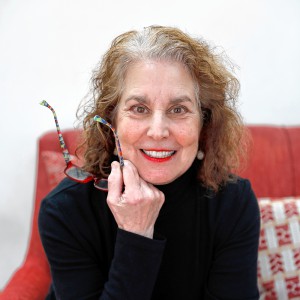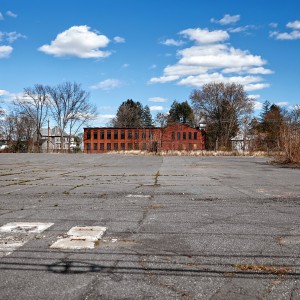Editorial: Recalling Paul Bixby and Tom McClung, driven by empathy
| Published: 05-30-2017 6:40 PM |
Hampshire County this month lost Tom McClung and Paul Bixby, two men from different walks of life who shared an empathy they brought to their pursuits and a commitment to their roots.
McClung, a jazz musician who grew up in Amherst before taking his chops to France, died May 14 of cancer at age 60 at his home in Normandy. McClung, best known as a versatile pianist and composer, played regularly with the Paradise City Jazz Band and Orquestra Juventud ‘77, a Springfield-based salsa band. And he had gigs with virtually every Valley musician before leaving for Paris in 1998 to play with saxophonist Archie Shepp’s quartet.
While his musical excellence took McClung around the world, he returned to Amherst nearly every year for a concert, most frequently at the First Congregational Church. That is where he first performed at age 10, playing Scott Joplin’s “Maple Leaf Rag” during the church’s Merry Musical. McClung’s last local concert was in 2015 at Amherst College with Shepp, an emeritus professor of music at the University of Massachusetts.
McClung told UK Vibe in a 2015 interview, “I started messing around on the piano when I was about 5, pecking out tunes and making things up. I began lessons at 6. Later I also studied trumpet and baritone horn, which I played in the high school concert band. It was the piano that spoke to me the most: it was a self-contained orchestra — and all the different styles it could handle! Bach, Bartok, the Beatles!”
McClung was admired not just for his technical skills but also for embracing a host of musical genres. “Along with forming my own groups to play my own music, I played in rock, blues, country, salsa, … accompanied singers of all styles, in clubs and for weddings and bar mitzvahs,” McClung said in the interview with UK Vibe.
Greg McClung, a nephew who spent time with Tom in France, described his uncle as a modest man who was just as happy playing at someone’s birthday party as he was at one of the world’s top-flight venues.
Fellow pianist Andy Jaffe often collaborated with McClung and the two were good friends. Jaffe, who was with McClung during his final days, said, “He was extremely generous, he had an unbelievably good sense of humor. He was obviously brilliant, not just as a musician, but intellectually.”
Jaffe added, “Everybody who played with him appreciated his empathy. That’s the most important quality in a jazz player — empathy— because you’re always playing with other people.”
Article continues after...
Yesterday's Most Read Articles
Empathy also drove Bixby in his service to Northampton for some two decades as a member of the School Committee and City Council. He was an outspoken advocate for his constituents, particularly blue-collar workers who lacked the access to power that others had.
Bixby, who spent his entire life in Northampton, died May 22 at age 75 of a heart attack. An electrician, Bixby worked for 30 years at UMass Amherst.
He was best known as a voice for more conservative Democrats during the 1970s and ‘80s when progressive members of the party frequently won office in Northampton.
Mary Ford was a colleague of Bixby’s in the Democratic Party and on the City Council before she was elected mayor in 1991. “I valued him for having been involved for many years and for really, truly caring about the city,” Ford said of Bixby. “It’s natural that people who find themselves on the outs of City Hall look for somebody to speak out and be their champion. And that’s what Paul did.”
Other politicians said that Bixby appealed to voters because he lived up to his campaign slogan: “Your concerns are my concerns.”
Russell Carrier, now a Forbes Library trustee, served with Bixby on the School Committee. He “never forgot where he came from and always fought for the working people of Northampton,” Carrier said.
Bixby’s son, also named Paul, summed up his father’s legacy: “He wanted to make sure people were heard.”
McClung and Bixby were often heard on the public stages they occupied during their careers, and, in turn, their messages were informed by listening well to the people around them.

 Columnist Andrea Ayvazian: Standing as witness to Armenian martyrs
Columnist Andrea Ayvazian: Standing as witness to Armenian martyrs Taylor Guss: Northampton's zoning should align with its climate goals
Taylor Guss: Northampton's zoning should align with its climate goals Guest columnist Bill Dwight: How to make sense of Northampton’s school budget dilemma
Guest columnist Bill Dwight: How to make sense of Northampton’s school budget dilemma Columnist Russ Vernon-Jones: Climate solutions tough, but can be done
Columnist Russ Vernon-Jones: Climate solutions tough, but can be done
